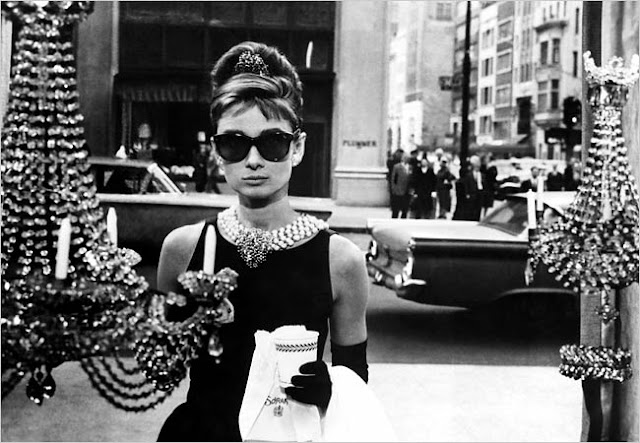(Hi, there. I'm back again. Please forgive my lack of posts. Once again it's part because of life and part because I can be a total slacker who doesn't want to read anything but shampoo bottles. But let's get serious.)
The Dead Christ
supported by an Angel by Antonello da Messina
A little bit of history
Date: 1475 – 76
Location: Museo del Prado, Madrid, Spain
The painting portrays a seated Christ who had just been removed from the
Cross after the Crucifixion. On the left we can see the place where He was crucified. On the foreground we see skulls, clear indications we are on a cemetery and evocations of death.
A little bit of technique
Antonello belongs to the Renaissance period, which was very rich in
innovations and artistic developments. He was born in the South of Italy but he
has influences from Venetian and Flemish art. According to the Museo del Prado's website, Antonello mixes characteristics of “northern origin —visible in the
landscape and in Christ's hair— with a monumental treatment of the anatomy and
a concern for volume and perspective that are clearly southern.”
A little bit of enthusiasm
When I first saw this painting I was taken aback by the motionless, wounded Christ, reminding us of all the sufferings He endured during the Passion.
But what I find most unique about this painting is the crying angel. In other Pietas, it's common to see people in the scene: the Virgin Mary, Saint John, Saint Mary Magdalene. Some even place Joseph of Arimathea, Nicodemus and other disciples on the descent of the Cross.
Deposition by Rogier van der Weyden also in the Museo del Prado.
Antonello chose to paint the angel, which presents some challenges. An angel, a being of pure intellect, might distance us from the scene and take away the human sadness and emotion of it. Could an angel faint or twists his hands like we see it being done in the painting above? Certainly not.
But Antonello makes up for this in many ways, making the painting just as emotional as other Pietas filled with people.
First off, the angel is not only carrying Christ's body but he's also crying.
He is reacting to what just happened. He is also staring right at us, as if he couldn't bear to say anything. He has child-like features and a small size, increasing the pathos of the painting. It is as if the painting were saying: it's not just the people, the Virgin Mary, all the Saints and disciples present, that were sad. No, even heavenly creatures have nothing to do, but weep.
Secondly, there's only one angel. In other works, we see two or more angels.
Pieta e Angeli by Lambert Sustris
The fact that the angel is by himself calls our attention to how desolate the landscape is. It reminds us of Christ's own sense of loneliness and abandonment during His ordeal in the Calvary. There's no one there: the Apostles fled, the centurions ran away in fear, the Pharisees left in desbelief.
The depiction of the angel, aided by details like the drops of blood falling from Christ’s hair, make the painting so moving that we feel like
joining the angel and crying too.
For a great audio explanation of this painting, check out the museum’s website.
What do you think of Messina's painting? What is your favorite type of Pieta - the ones with angels or with people (or both?!)


























